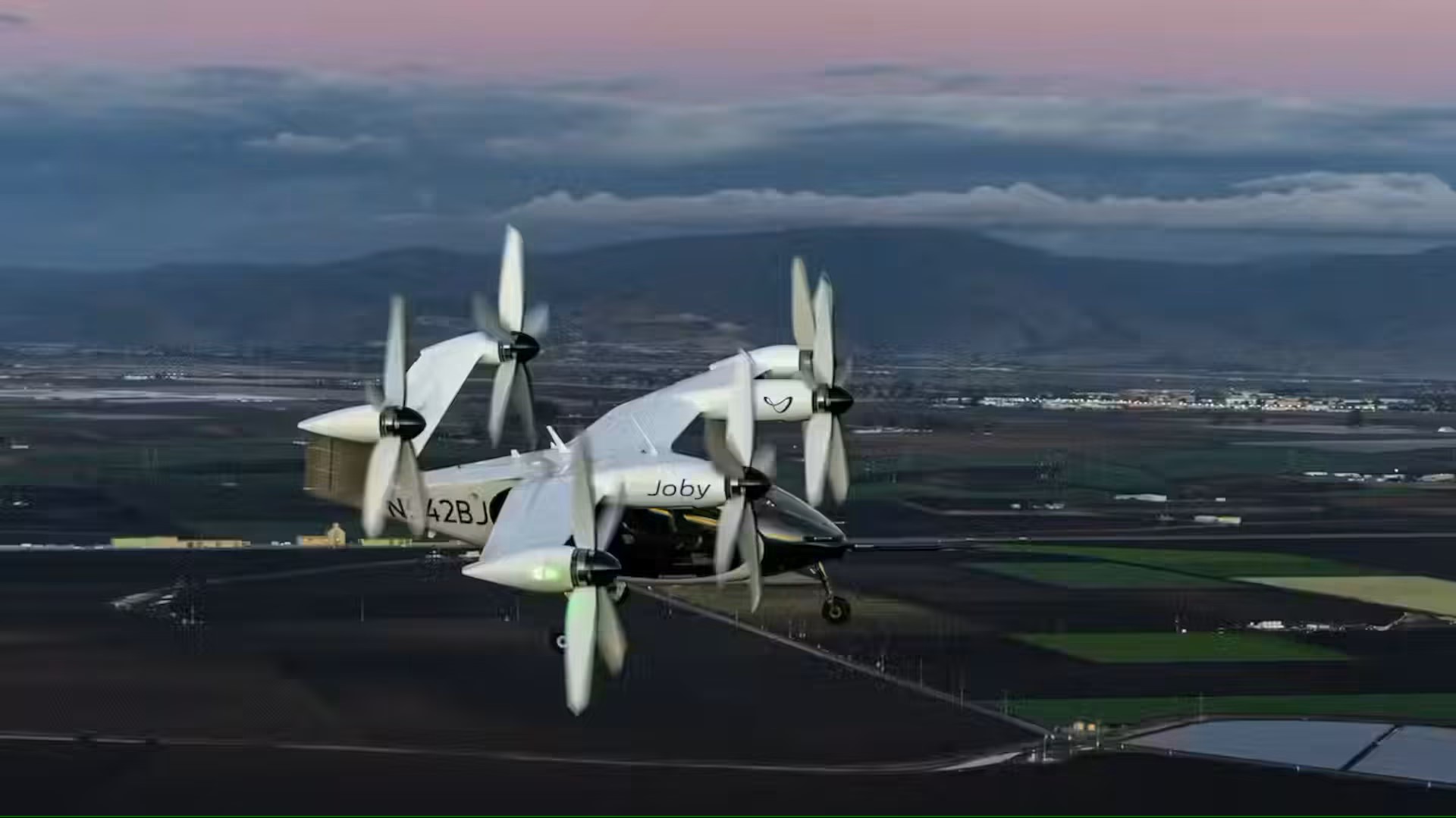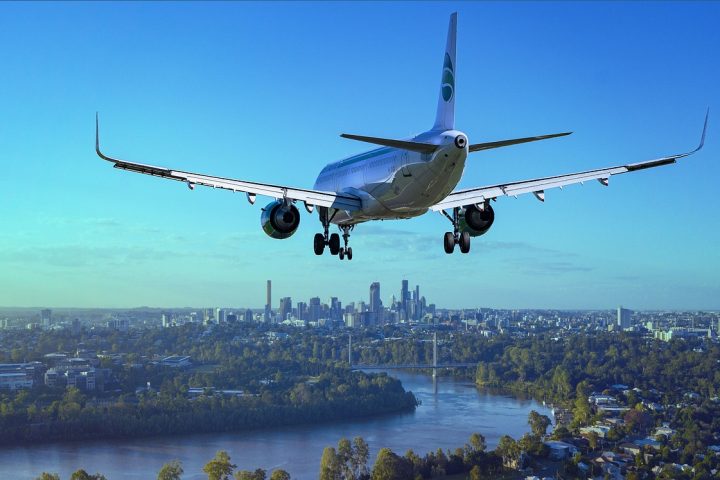Joby Aviation announces another significant advancement toward achieving type certification for its electric vertical takeoff and landing (eVTOL) air taxi.
The company revealed on Friday that the FAA has accepted its propulsion system certification plan, a crucial document outlining how Joby will demonstrate compliance with aviation regulations. Joby reports that all certification plans concerning the structural, mechanical, and electrical systems of its five-seat air taxi have now received approval.
Didier Papadopoulos, President of Aircraft OEM at Joby, expressed gratitude for the certification, emphasizing its importance in preparing for upcoming FAA flight evaluations scheduled for later this year. Papadopoulos praised both the Joby team and the FAA personnel for their dedication to advancing safety and innovation in aviation technology.
FAA type certification entails thorough reviews of aircraft design, manufacturing, and performance, including propulsion systems. Joby is currently in the third stage of this rigorous process.
The company has developed its proprietary propulsion system, featuring six dual-wound electric motors powered by isolated battery packs to ensure redundancy and eliminate single points of failure. This distributed electric propulsion configuration not only reduces emissions but also minimizes noise, with Joby claiming that it is as quiet as a conversation during flight, registering at 45 dBA.
Joby’s production prototype aircraft, unveiled in June, boasts nearly twice the power of the Tesla Model S Plaid despite being lighter.
The FAA-accepted propulsion certification plan encompasses Joby’s electric propulsion unit, propeller system, variable pitch actuation, coolant pump, nacelles, and associated electrical wiring, establishing definitive criteria for certifying these systems for commercial passenger operations.
All but one of Joby’s certification plans have been accepted by the regulator, with the final document currently under review. As the company approaches completion of the third stage of type certification, focus has shifted to the fourth phase, which involves testing and analyzing aircraft systems and components.
In 2023, Joby conducted 30 for-credit tests with the FAA, evaluating aircraft components such as flight electronics and structural materials. Crewed flight testing commenced in October, marking a critical milestone in development. The challenge now lies in integrating everything for the final FAA evaluations.
This week, Joby also obtained FAA Part 145 Repair Station certification, initially enabling the company to conduct select maintenance, repair, and overhaul (MRO) activities on traditional aircraft. This approval paves the way for expanded MRO services following type certification of its air taxi. Competitor Archer Aviation also announced receipt of its Part 145 certificate on the same day.
Joby’s zero-emission air taxi is designed to accommodate a pilot and up to four passengers on trips of up to 100 sm (87 nm) at cruise speeds of up to 200 mph (174 knots), emitting only a fraction of the noise generated by helicopters. The company aims to secure type certification ahead of its planned commercial launch in 2025, in collaboration with Delta Air Lines.
Unlike most competitors, Joby intends to operate its air taxis itself, initially focusing on metro areas like New York and Los Angeles. The manufacturer recently collaborated with NASA to simulate air taxi traffic around airports, evaluating the integration of operations alongside conventional aircraft, with active and retired air traffic controllers recruited to assist with the simulations.


